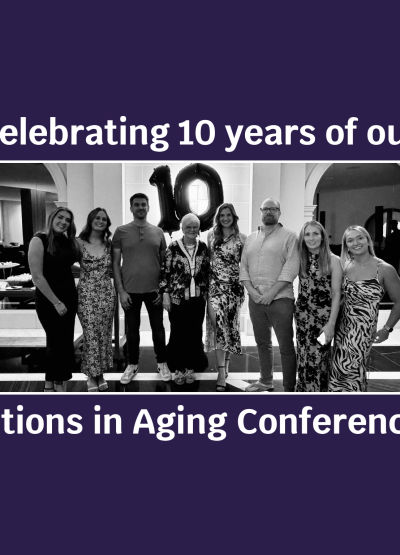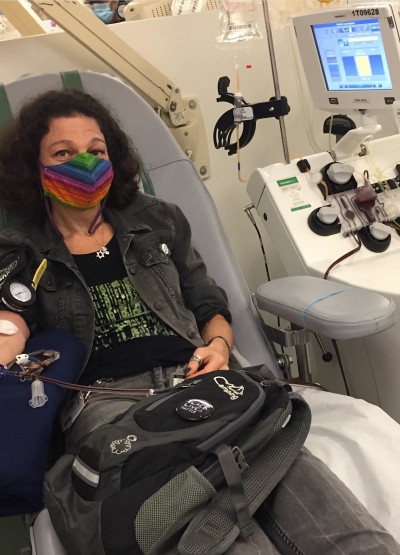
Scientific meetings are one of the few places where you will find distinguished leaders in the field sitting alongside young investigators, postdocs, early-career scientists and students. And not only are conferences a great place to showcase unpublished work and obtain feedback from some of the best minds in the industry, the unrivalled networking opportunities means they are a great forum for students.
At Fusion we prioritise and encourage Early Career Researcher (ECRs) attendance. We do this in a number of ways, including;
-ECR Networking Lunch - During lunch on day 2, we host and organise networking lunches for students, postdocs and early career researchers to sign up to. Each table is ‘hosted’ by an Invited Speaker or Conference Chair. This is a great networking event allowing you to introduce yourself and your work to key opinion leaders, PI’s and fellow students to obtain feedback on your research and gain career insights.
-ECR Grants - We encourage our Conference Chairs to opt into the 'ECR donation' scheme, which is a scheme whereby invited speakers can donate a portion or all of their finicial support (if offered) to the ECR pool, which is subsequently then turned into registrations grants for Early Career Researchers.
-Meet The Poster Presenters - An opportunity for our poster presenters to have stage time, with a 1 minute flash-talk prior to our poster session, discussing their research and what they aim to get out of the meeting, whether this be feedback on their research, obtain connections or explore future career opportunities.
-Heavily Discounted Registraion - We purposefully keep our 'student' ticket types at a highly discounted rate to make our conferences as acessible as possible.
For ECRs, conferences are not just about learning—they’re about being seen, making connections, and advancing careers.






